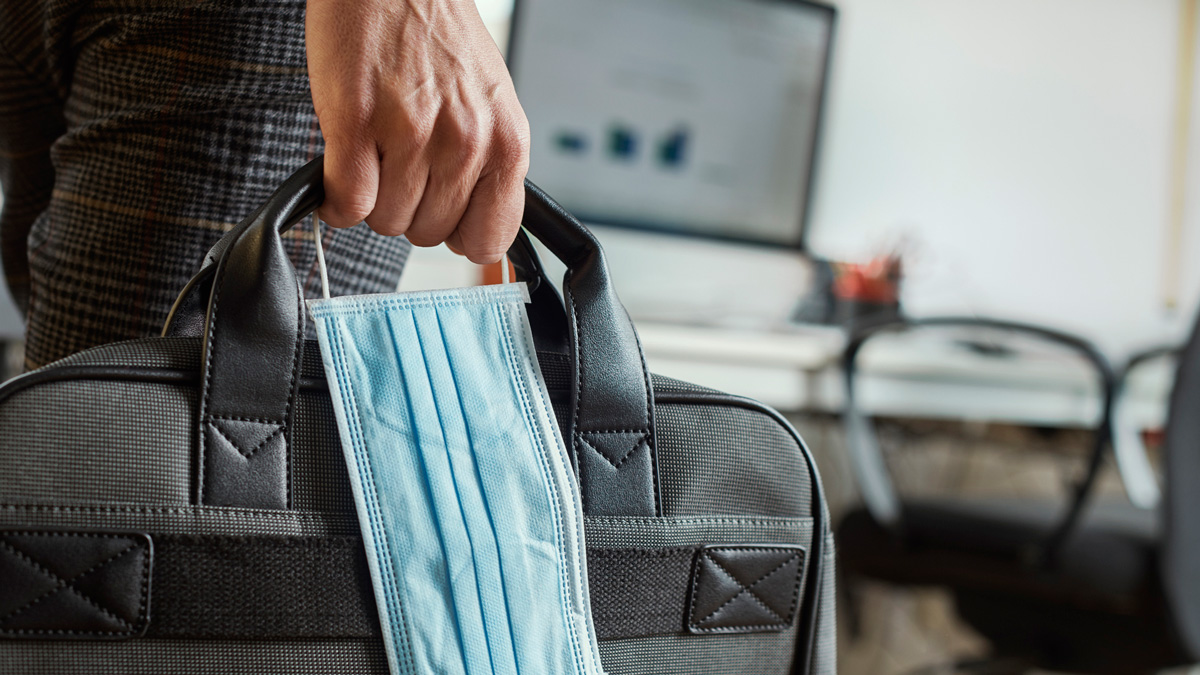Coronavirus pharma news roundup – 04/06/20

Are pharma's efforts to tackle coronavirus working? We highlight the top R&D, digital and market access news for COVID-19 from the past week.
- An influential analyst has upped his previously cautious assessment of the sales potential of Gilead’s COVID-19 drug remdesivir, saying the drug could become a $7.7 billion blockbuster.
- The latest tranche of data from remdesivir in COVID-19 patients isn’t making it easy to gauge how well it is working, though. The results from the open-label phase 3 trial showed that a five-day treatment course with remdesivir on top of standard care was more effective than standard care alone at achieving a significant improvement in symptoms in moderately-ill patients.
- The FDA has cleared Roche to use one of its diagnostic tests to identify coronavirus patients at risk of developing a severe inflammatory response – and may benefit from treatment with one of its drugs.
- Eli Lilly has started dosing patients in the world’s first trial for a medicine specifically designed to attack SARS-CoV-2, the virus that causes COVID-19. This investigational treatment, referred to as LY-CoV555, is the first to come out of the collaboration between Lilly and AbCellera to create antibody therapies for the prevention and treatment of COVID-19.
- The World Health Organization has restarted its trial of COVID-19 drug hydroxychloroquine, the malaria drug favoured by president Donald Trump, after a temporary halt because of safety concerns.
- A survey of clinical research professionals has found an acceleration in the adoption of virtual studies during the coronavirus pandemic. The poll of 114 triallists by clinical data specialist ERT found that 82% of them said their organisations are using virtual trial approaches which minimise the need for physical contact between patients and staff, up from 33% prior to COVID-19.
- Almost half (48%) of people in the UK questioned about the NHSX contact-tracing app say they don’t trust the government to keep their information safe from hackers, according to a 1,000-person survey.
- Bristol-Myers Squibb opted not to launch its new multiple sclerosis therapy Zeposia when it got FDA approval in March, because of the disruption caused by the coronavirus pandemic, but has now decided the time is right. The US drugmaker started distributing S1P agonist Zeposia (ozanimod) this week, and has priced the drug at $86,000 per year at wholesale acquisition prices.










